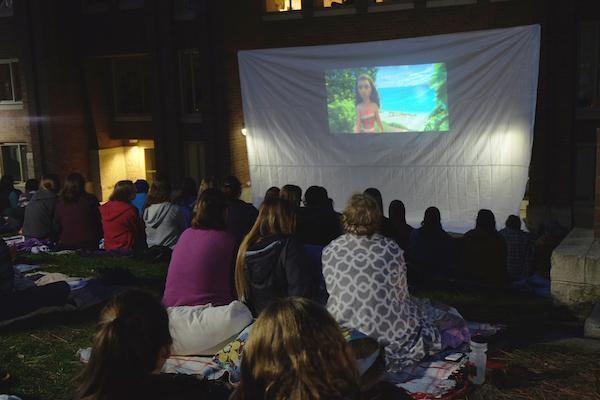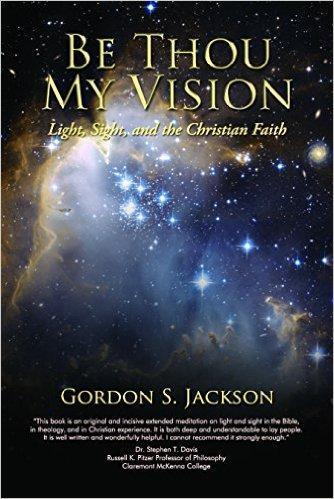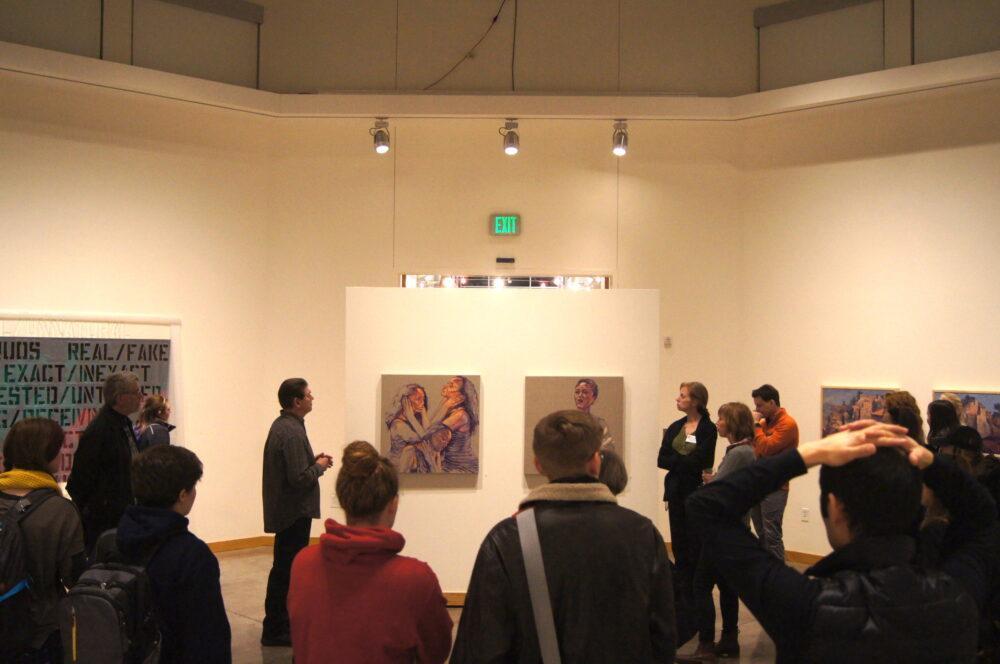Several events have been hosted on campus over the past year featuring discussions about the morality and effects of pregnancy terminations. At Whitworth, there is a range of differing opinions and understandings regarding reproductive rights among students.
“Hush” is an informational documentary. Its goal is to provide information about the unadvertised ramifications of abortions to the majority of society who is unaware, according to the directors of the film.
On Friday March 24, Whitworth Students for Life hosted a showing of the movie on campus. The documentary showing was intended to be an educational opportunity to promote conversation and education about abortion and women’s health, assistant vice president of Students for Life sophomore Alex Fergus said.
Of the several viewpoints regarding the controversial topic of abortion, there are some students within the Pirate community who are open to expressing their opinions. The club defends the idea that abortion is not an acceptable practice.
“I believe that abortion is the ending of human life and there is no situation for where that’s okay,” Fergus said. “I feel deeply sorry for those who’ve had abortions…because the majority of those getting abortions don’t understand what’s happening.”
Some students also agree with Fergus that the practice of abortion is immoral and unacceptable based on the scientific factors.
“I think abortion is the biggest human rights issue in our day because scientists and medical textbooks don’t argue when life begins,” freshman Ian Ritchie said. “There’s nothing different about an embryo that will devalue its inherent qualities. Abortion is not justified.”
There are some students who express different opinions on the issue of abortion and the legal right women have to participate in this procedure.
“I think it should be a free choice for women and how they go about it, regardless of being a Christian,” freshman Liberty Lomonaco said.
However, others are less assured with their stance on the topic and how abortion should be perceived.
“I’m pro-life but I’m not 100 percent that abortion should be illegal, but I do think it’s immoral,” freshman Kendalyn Sanders said.
The documentary was produced in order to expose the contradictions believed to exist between the patients receiving pregnancy terminations and the information provided by the medical officials.
“Together we determined to maintain one goal, and only one goal, in the making of this film: to find the truth for the sake of women’s health,” according to the team producing “Hush.”
The film does not take a pro-life or pro-choice stance, as it is pro-information. “The directors put aside their political ideologies and took a scientific approach,” Fergus said.
Many students attended the documentary event because they were interested in the ideologies of students at Whitworth.
“I want to see the two political and religious worldviews,” Lomonaco said. “Being Christian, this topic is really tough.”
Along with the struggles of the morality of pregnancy terminations, the film addresses issues directed toward the lack of public knowledge regarding abortion effects.
“There is a discrepancy between what the medical world holds to be true compared to those who experience the abortions,” “Hush” director Punam Kumar Gill said.
“Hush” explains the stories of several women who experienced abortions and how their health was affected regarding breast cancer, psychological damage and premature births in the future. However in the movie, several medical officials continue to claim that “there’s no evidence of abortion causing breast cancer or any other long term effects including psychological damage.”
According to the documentary, the information about the critical health risks caused by abortions are not publicly understood or recognized because medical organizations are actively screening the information out.
Some students at Whitworth are hesitant and questioning of the sexual education they have received, believing it could be improved.
“I went to a private school so I never had sex-ed, so it was pretty low,” freshman Kenalyn Sanders said. “I think it could have been better.”
Others did not believe that the sex education they received was useful or beneficial in anyway.
“It was relatively useless to be honest,” Ritchie said. “They gave us two days in fifth grade, two days in middle school. I didn’t find much value in what they were trying to get across.”
The Whitworth Health Center provides several services regarding sexual activity for students including contraception options, sexual infections screenings and wellness exams.
“For contraception, we provide free condoms in the Health Center,” interim director of student health services Amy Cutler said. “We provide prescription-based contraception including birth control pills, the patch, the ring and the Depo-shot. For diaphragms, cervical caps, implants and IUDs, we refer students to gynecology.”
Although the Health Center provides several opportunities and services for students participating in sexual activity, many students are unaware of the services and benefits that students are offered on campus.
Regarding the products and services Whitworth offers, Lomonaco is “not at all” aware of what they offer and do for students, she said.
“I think if people knew more about what we offer, more people would come here,” Cutler said. “Many people just go to urgent care because they are apprehensive to come here. We want people to know it is a welcoming and safe confidential place.”
Although some students are unfamiliar with their options regarding the services available to them. The Whitworth Health Centers provides contraception options, yet they do not necessarily condone sexual activity, Cutler said.
“As a Christian university, Whitworth’s official stance is that sex should occur in the context of marriage,” Cutler said. “We don’t condone sexual activity outside of the context of marriage but we know students are sexually active and we provide contraception.”
As a representative of the Health Center, Cutler provides some advice for students who participate in sexual activity.
“I think everybody who is considering being sexually active, it is important to educate yourself,” Cutler said. “Don’t rely on social media or friends. Come speak to a medical provider to understand the information and be educated. They should be willing to reach out and get educated via the right avenues if they are having sex outside of marriage.”
The topic of abortion and reproductive rights continues to be an active conversation on campus.
According to the film, there are several reasons why abortion is a touchy subject. However, the film wants to address the issue that is not typically advertised.
“It’s time we stop arguing about the political ideas of abortion and start thinking about the health issues,” Gill said.
The documentary is an active way for Whitworth students to continue the conversation with each other.
“I hope that Whitworth can become more informed about the topic of abortion and that they can understand why they believe what they believe,” Fergus said.
Contact Jordan Coleman at jcoleman20@my.whitworth.edu














